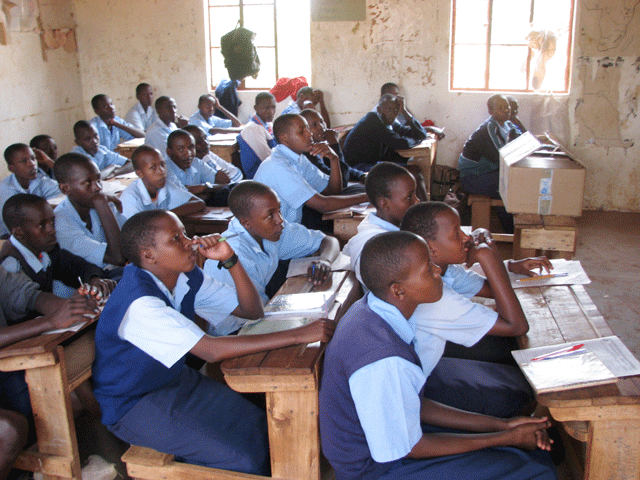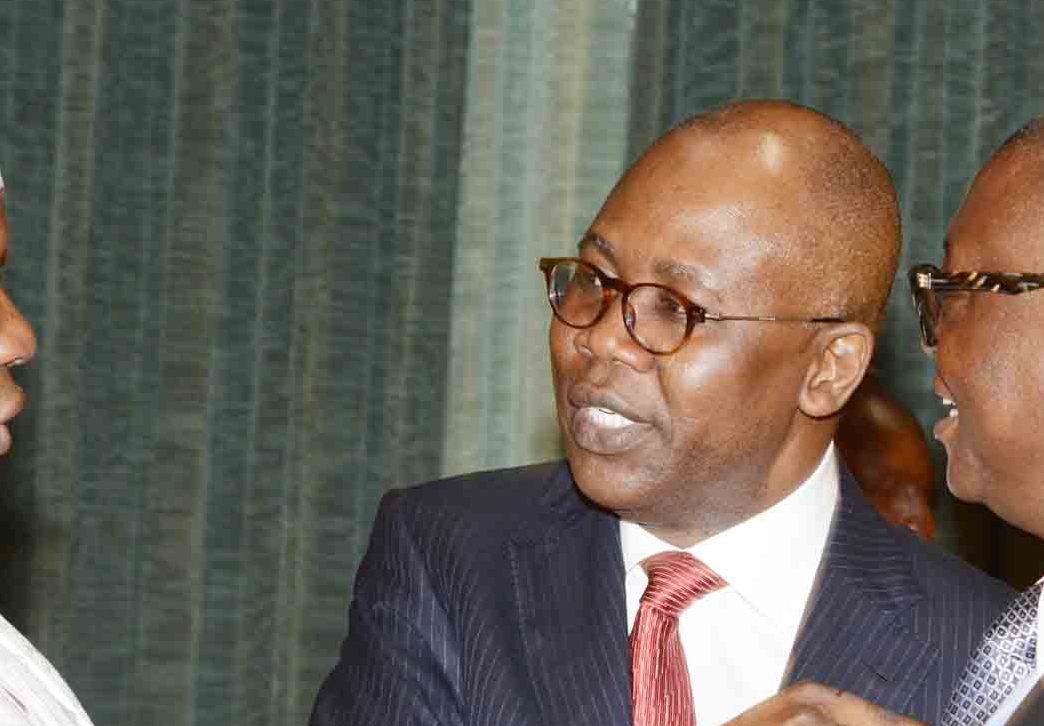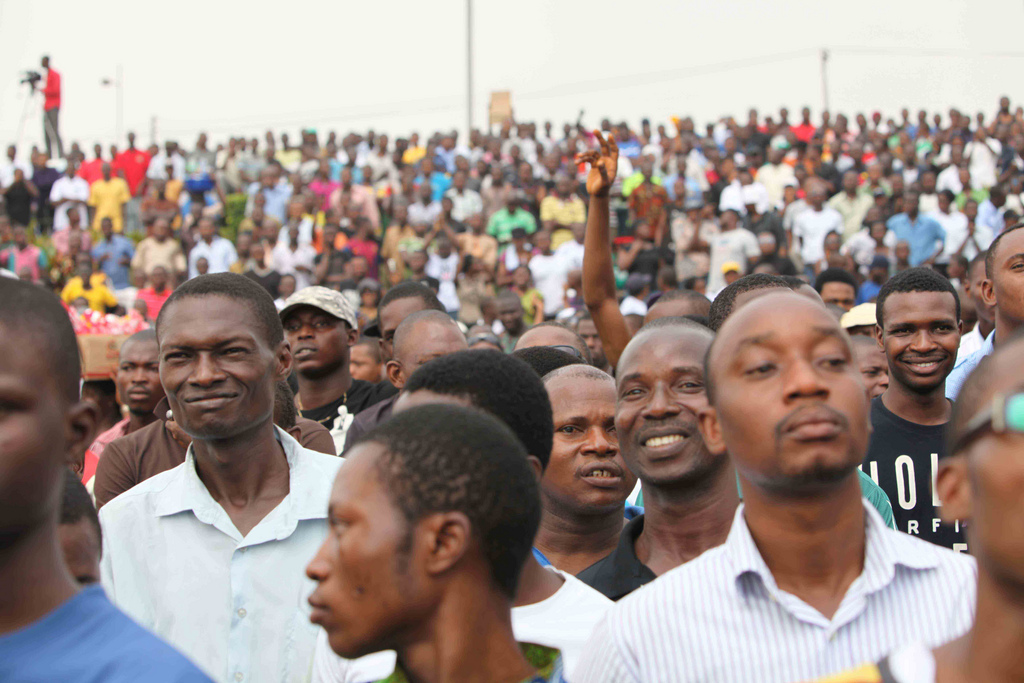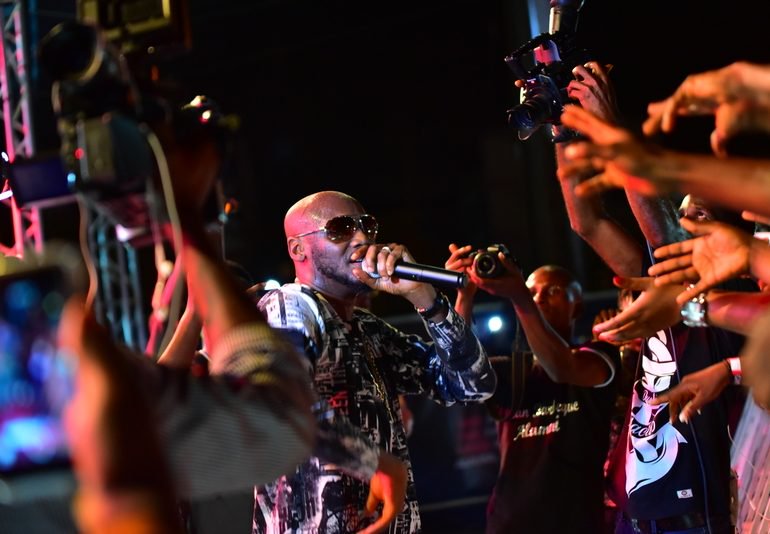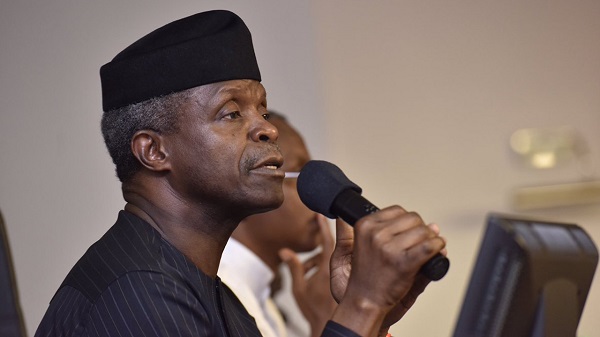The federal government has asked the Nigerian Educational Research and Development Council (NERDC) to reinstate the Christian Religious Knowledge (CRK) and Islamic Religious Knowledge (IRK) as separate subjects in education curriculum.
Adamu Adamu, minister of education, said this at a meeting with state commissioners of education and some stakeholders in the education sector in Abuja on Thursday.
Controversies had trailed the revised nine-year basic education curriculum following reports that CRK was removed from the curriculum — although NERDC denied the report.
The Christian Association of Nigeria (CAN), as well as the Pentecostal Fellowship of Nigeria (PFN), had rejected the revision, with CAN describing it as a time bomb.
Advertisement
Represented by Anthony Anwukah, minister of state for education, Adamu said the reinstatement of the two subjects as separate subjects was imperative considering the controversies the revision had triggered.
He said the collapse of the two subjects, done in 2014 though brought to public limelight this year, was aimed at reducing the number of subjects taught in schools.
“There were complaints by parents that children were overloaded with so many subjects and the recommendation then was to merge one or two subjects,” he said.
Advertisement
“Unfortunately, water and oil were merged together and it is not working.
“So, to save ourselves the agony, the two subjects should be separated. We push that to the NERDC.”
Adamu also reiterated the commitment of the federal government towards achieving inclusive and quality education in line with the sustainable development goal by 2030.
“We recognise that the task of revamping the education sector is challenging, the ministry of education cannot do it alone. Our task is to coordinate national efforts to meet our national goals and objectives,” he added.
Advertisement
“It is our belief that with good planning, appropriate investment of resources, transparency, due process, effective collaboration and coordination of inputs and activities of government and that of all stakeholders, we will realise our vision of providing quality education to build and sustain adequate human capital for national development.”
Add a comment
